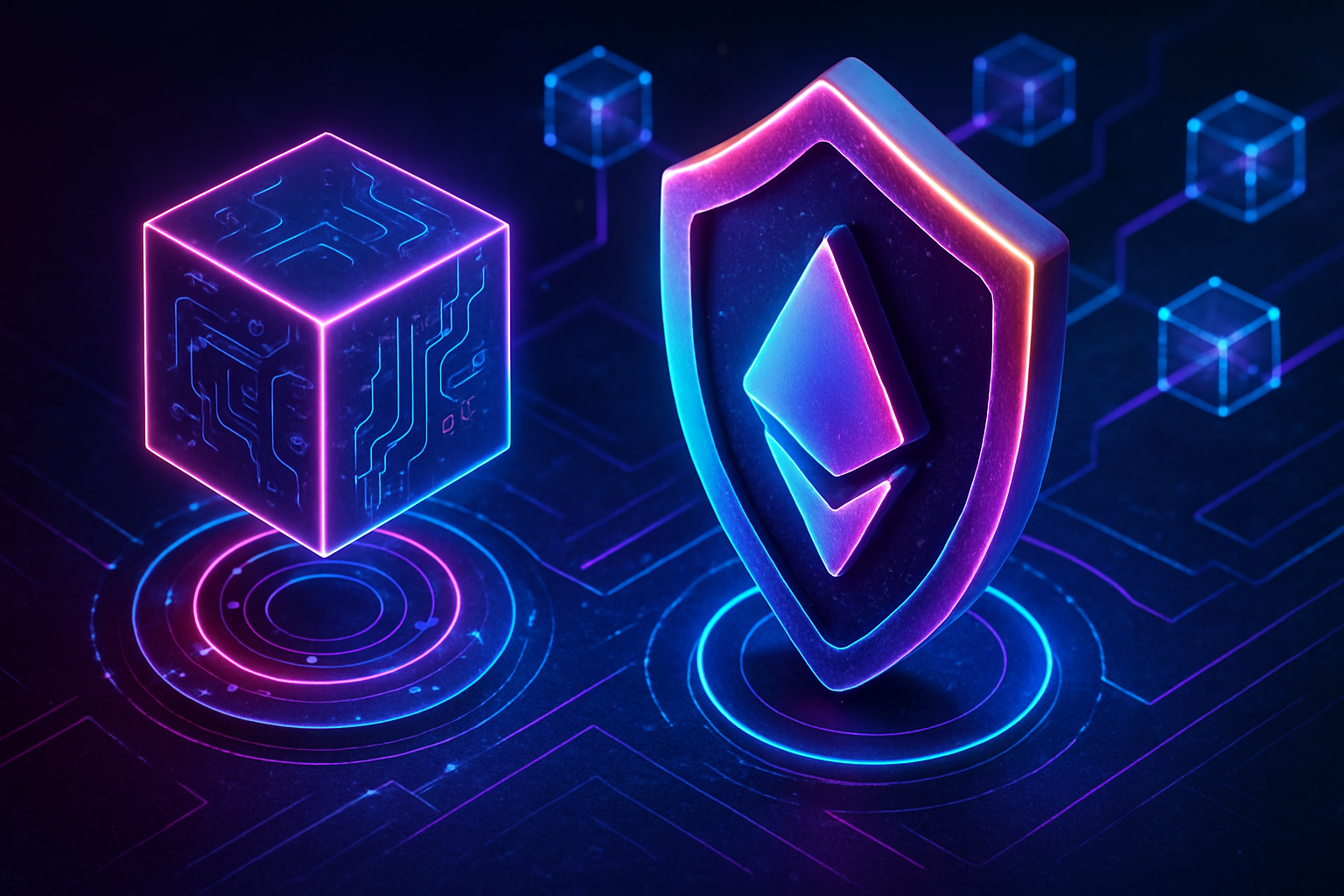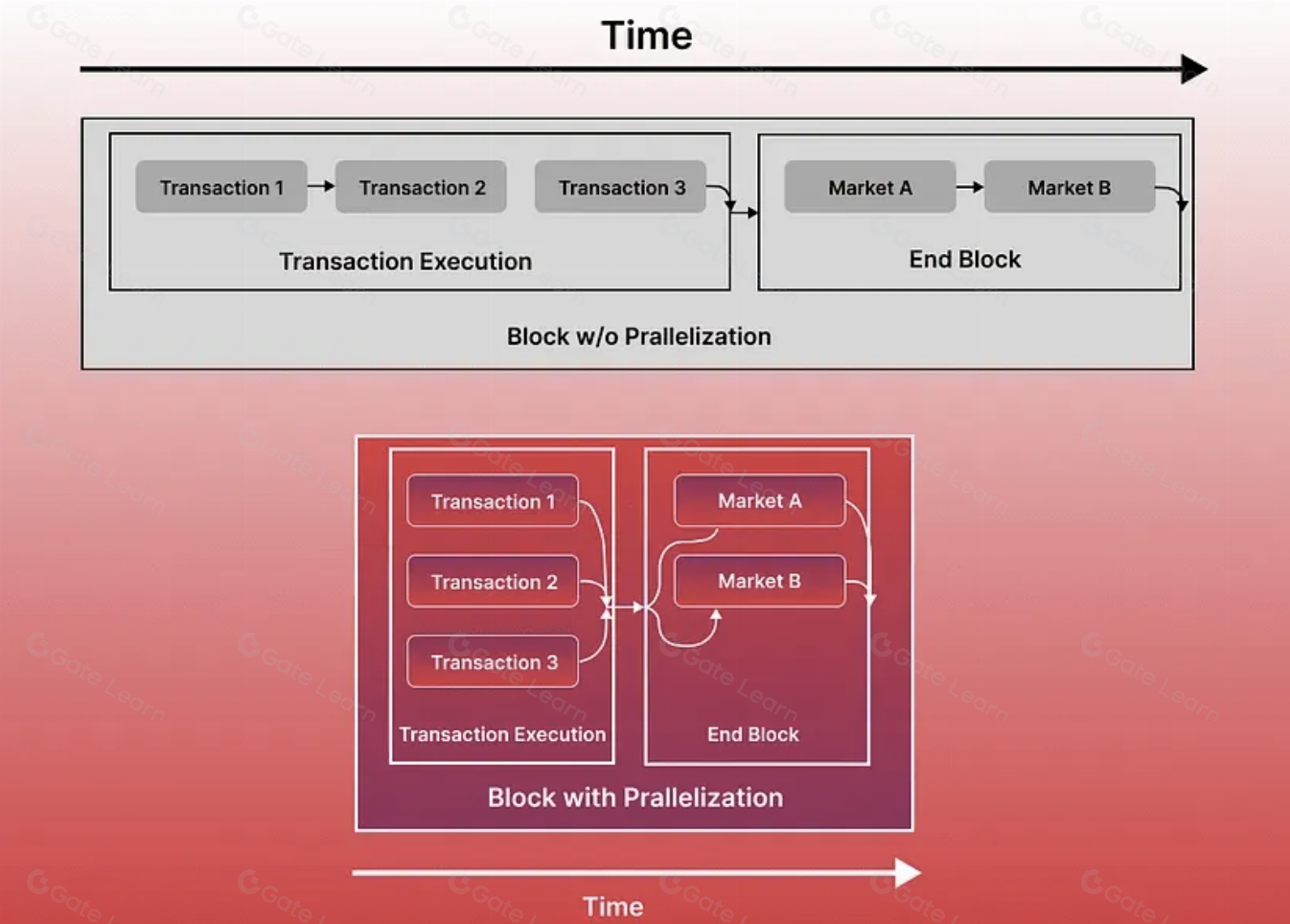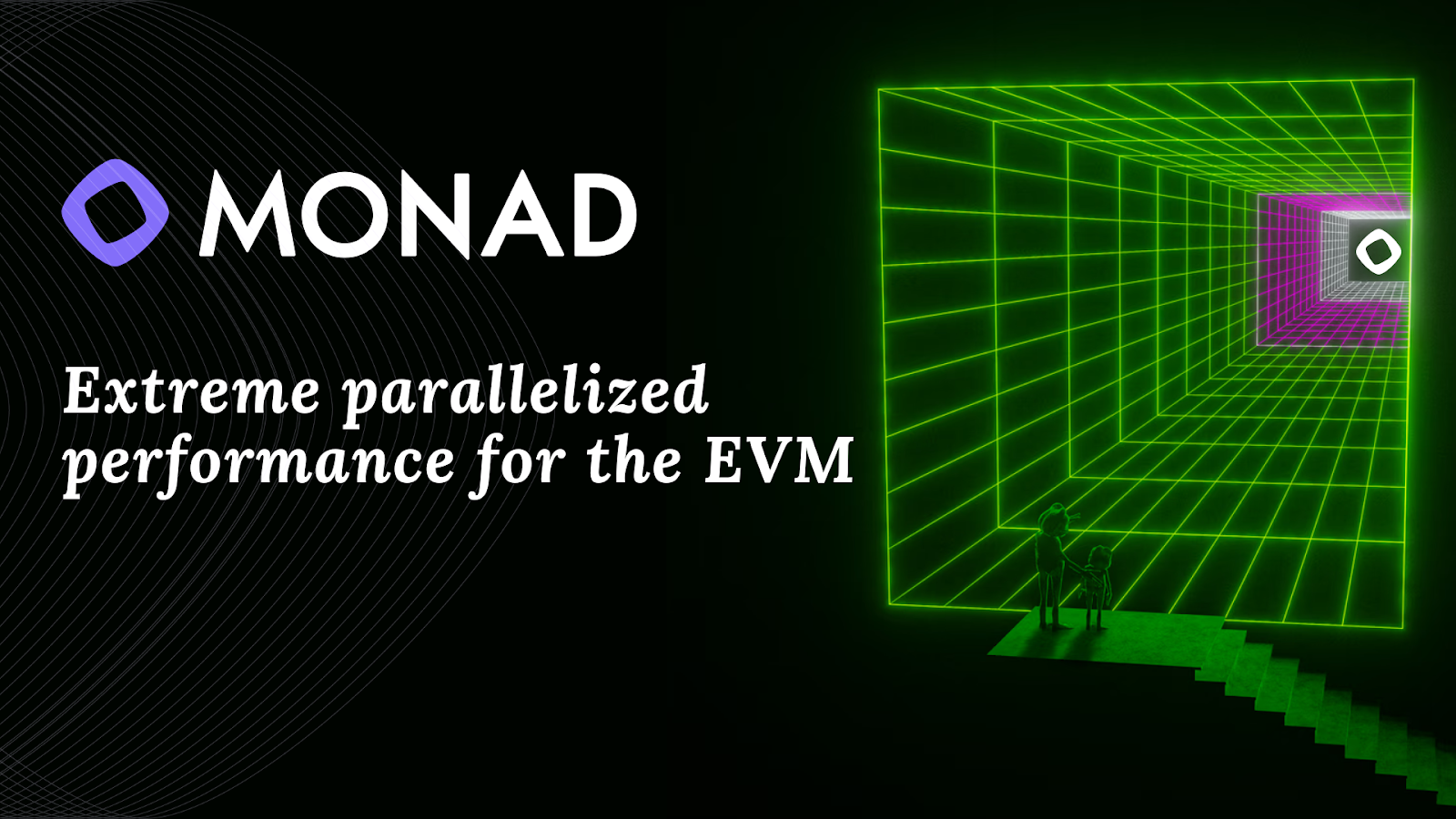
Deploying Solidity smart contracts on a new blockchain often means facing a tradeoff: rewrite your codebase for a novel execution environment, or accept limited compatibility with the Ethereum ecosystem. Monad eliminates this dilemma through uncompromising EVM equivalence, enabling developers to run existing Ethereum contracts on Monad without modification. This approach places Monad at the frontier of high-performance Layer 1 chains, offering breakthrough scalability and speed while preserving the familiar developer experience of Ethereum.

True EVM Equivalence: No-Rewrite Solidity Deployment
Monad’s architecture is engineered for full EVM bytecode compatibility, supporting all opcodes and precompiles up to the Cancun fork. Unlike many so-called EVM-compatible blockchains that require contract rewrites or custom toolchains, Monad enables direct deployment of unmodified Solidity smart contracts. This means dApps, DeFi protocols, and infrastructure built for Ethereum can be migrated seamlessly, leveraging Monad’s performance advantages without incurring technical debt or risking logic errors from code translation.
The impact is immediate: developers can use standard IDEs like Remix and popular libraries such as ethers. js or web3. js out-of-the-box. Even wallet integration is frictionless; MetaMask users only need to update the RPC URL and ChainId to interact with Monad-based applications (docs.monad.xyz). This level of interoperability dramatically lowers migration costs while accelerating time-to-market for teams seeking scale.
Performance Breakthroughs Without Sacrificing Compatibility
While maintaining full EVM equivalence, Monad introduces several technical innovations that set it apart from legacy Layer 1s:
Key Enhancements in Monad’s EVM-Compatible Architecture
-

Optimistic Parallel Execution: Monad enables transactions to be processed in parallel, leveraging optimistic concurrency to maximize throughput and efficiency without sacrificing EVM compatibility.
-

1-Second Block Times: Blocks are produced every second, dramatically reducing transaction confirmation times compared to Ethereum and improving the user experience for decentralized applications.
-

Single-Slot Finality: Monad achieves transaction finality in a single slot, ensuring that transactions are confirmed quickly and irreversibly, which is critical for high-performance dApps.
-

Efficient State Storage with MonadDB: MonadDB is a custom database optimized for Merkle Patricia Trie data, enabling efficient on-disk storage on SSDs rather than RAM, reducing hardware requirements and supporting scalable state management.
Optimistic parallel execution allows multiple transactions to be processed simultaneously before previous ones complete. This fundamentally increases throughput – with targets up to 10,000 TPS – compared to Ethereum’s sequential transaction model (monad.at). Block times are reduced to one second with single-slot finality, delivering near-instant confirmations for end users.
The custom MonadDB database further optimizes storage by keeping Merkle Patricia Trie data on SSDs rather than RAM. This design lowers hardware requirements for validators and contributes to greater decentralization without compromising security or performance.
Seamless Tooling and Developer Experience
For developers accustomed to the Ethereum stack, building on Monad feels instantly familiar yet markedly faster. Standard JSON-RPC interfaces are preserved so existing tooling works natively (alchemy.com). Solidity remains the core language for smart contract development; no new syntax or frameworks are required. Teams can leverage robust resources from docs.monad.xyz, including guides for using Remix IDE on Monad testnets.
This frictionless environment empowers both established dApps and new projects to capitalize on Monad’s performance gains without sacrificing security or composability within the broader EVM ecosystem.






